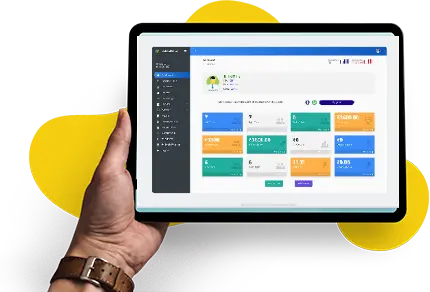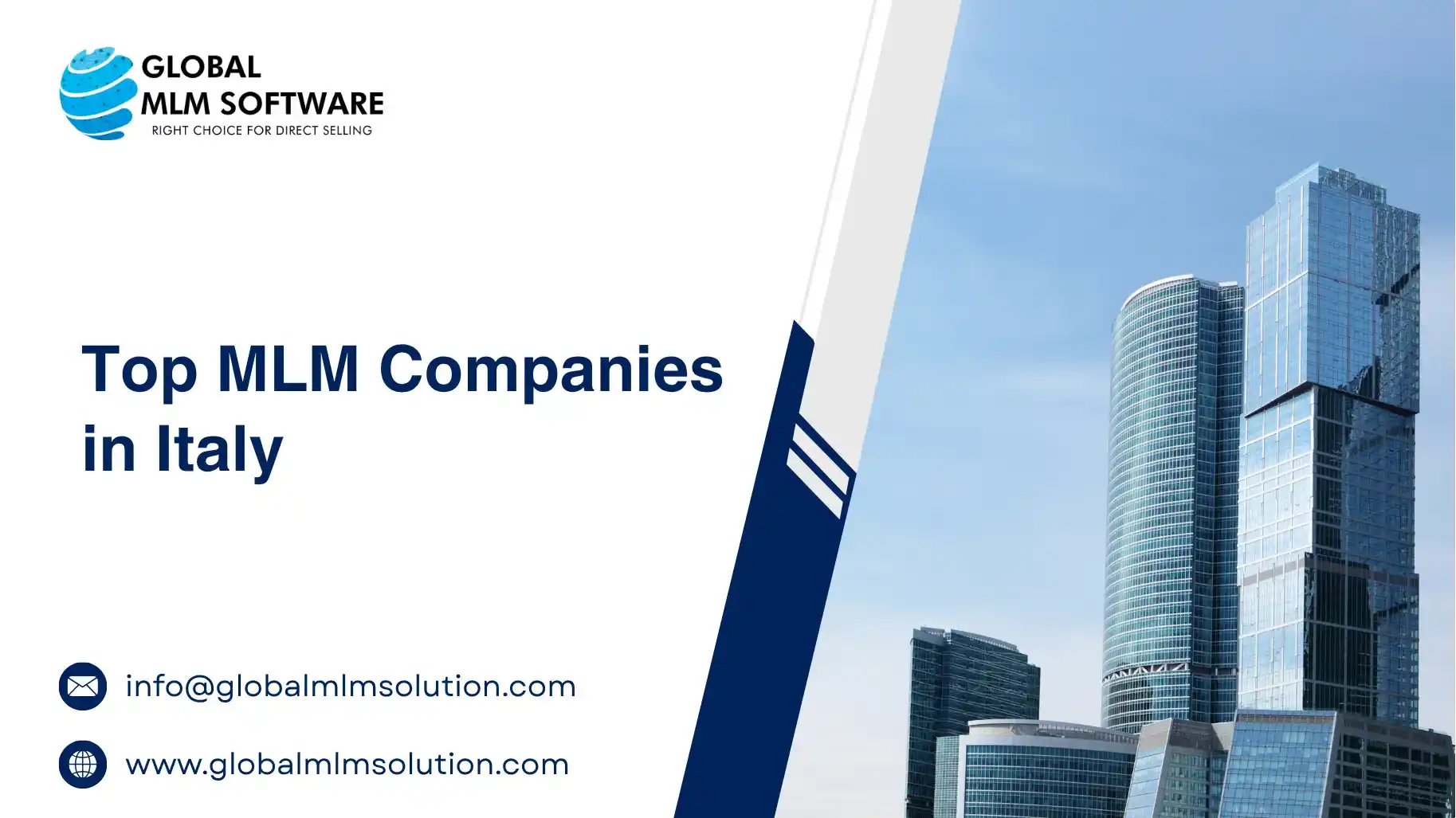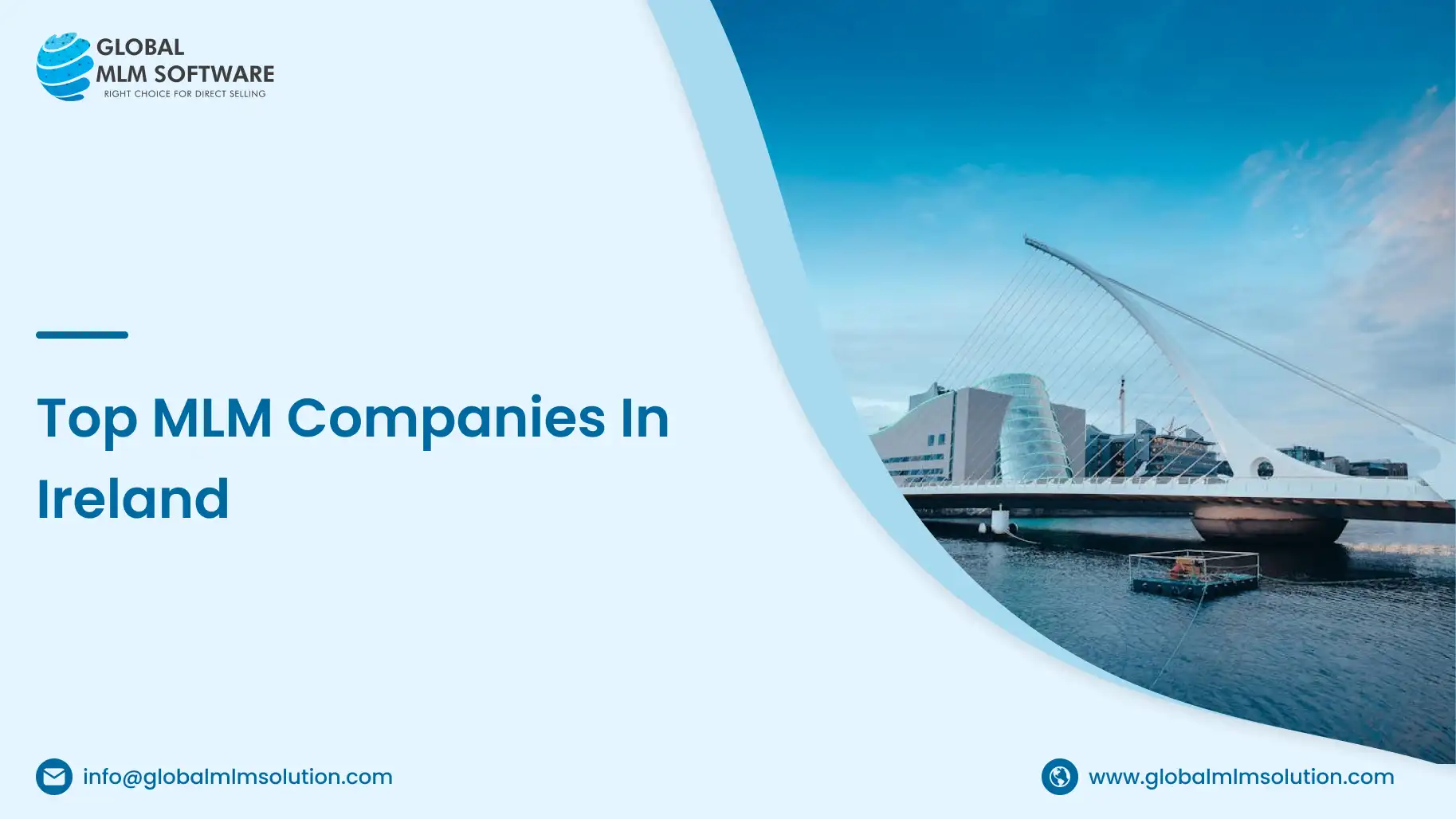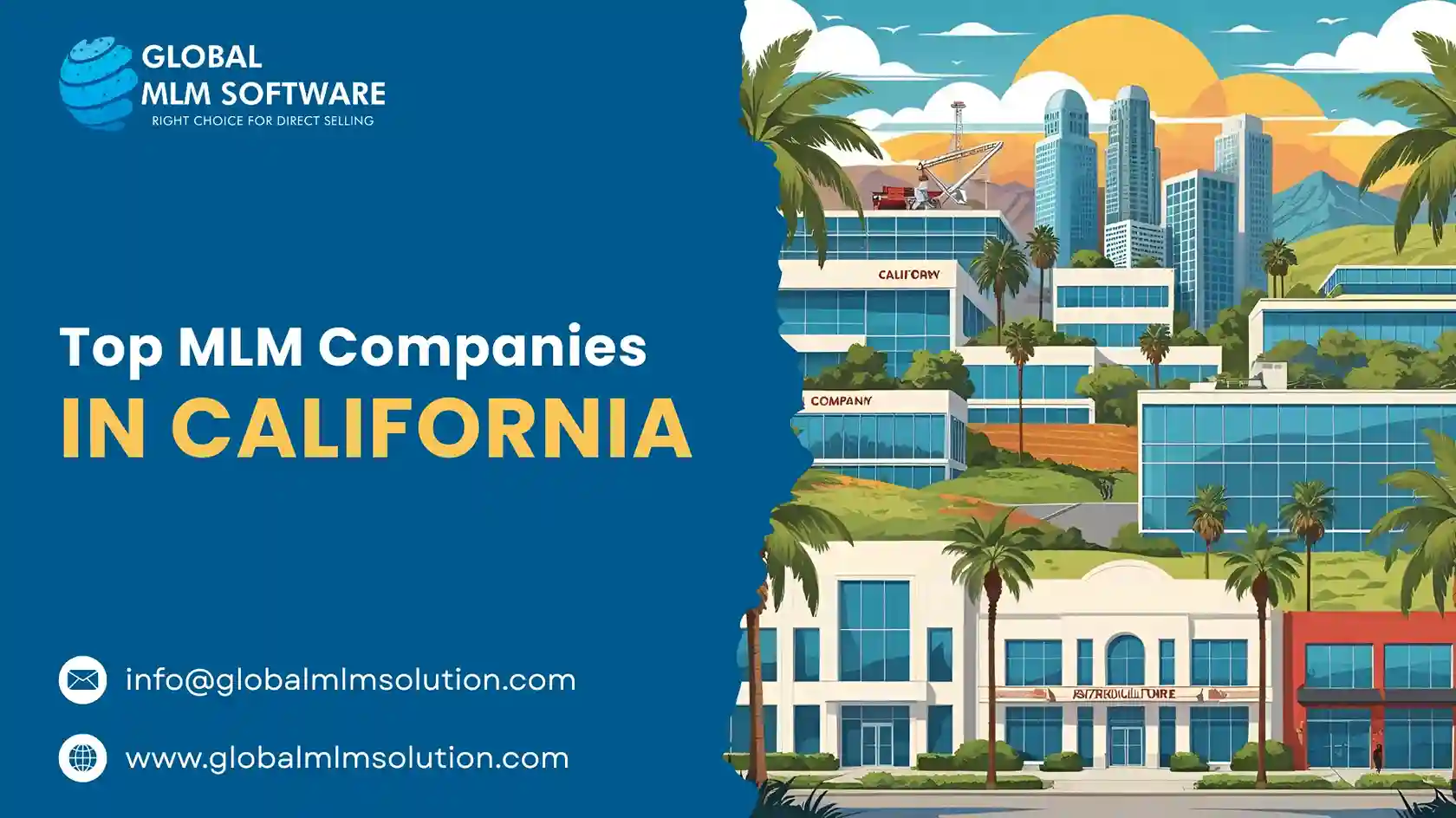Real estate multilevel marketing (MLM) is becoming more popular, and brokerages are striving to take advantage of it. Although choosing to enter the industry is a very strategic decision, it is vital to know what works in this field.
To help you understand the real estate MLM sector in detail, we've explained the MLM models that leading companies are using to expand their business. Once you've analyzed the strategies these top real estate MLM companies use, you'll be able to draft a profitable business model for your own brand. So, without any delay, let’s explore everything!
This Article Contains:
Real Estate MLM Companies List
| S.No | Company Name | Founder | CEO | Headquarters | Year Founded | Company Size | Revenue |
|---|---|---|---|---|---|---|---|
| 1 | eXp Realty | Glenn Sanford | Leo Pareja | Bellingham, Washington, USA | 2009 | 10,001+ employees | $4.5 Billion |
| 2 | Real Brokerage | Tamir Poleg | Tamir Poleg | New York, NY, USA | 2014 | 51-200 employees | $1.2 Billion |
| 3 | Fathom Realty | Joshua Harley | Marco Fregenal | Cary, NC, USA | 2010 | 5,001-10,000 employees | $335.2 Million |
Disclaimer: The information in this table is derived from 2024 data and is subject to change.
Most Influential Real Estate Network Marketing Companies
The real estate MLM industry is in its nascent stage, and some companies have effectively utilized this opportunity to capture the market early. We analyzed various real estate multi level marketing companies based on various factors to pick the best among them all.
After carefully assessing their compensation plan, revenue streak, agent support, market perception, and reviews, we have listed the best real estate MLM companies.
We’ll now explore each of them in detail so you can understand what works in the real estate MLM industry.
1. eXp Realty
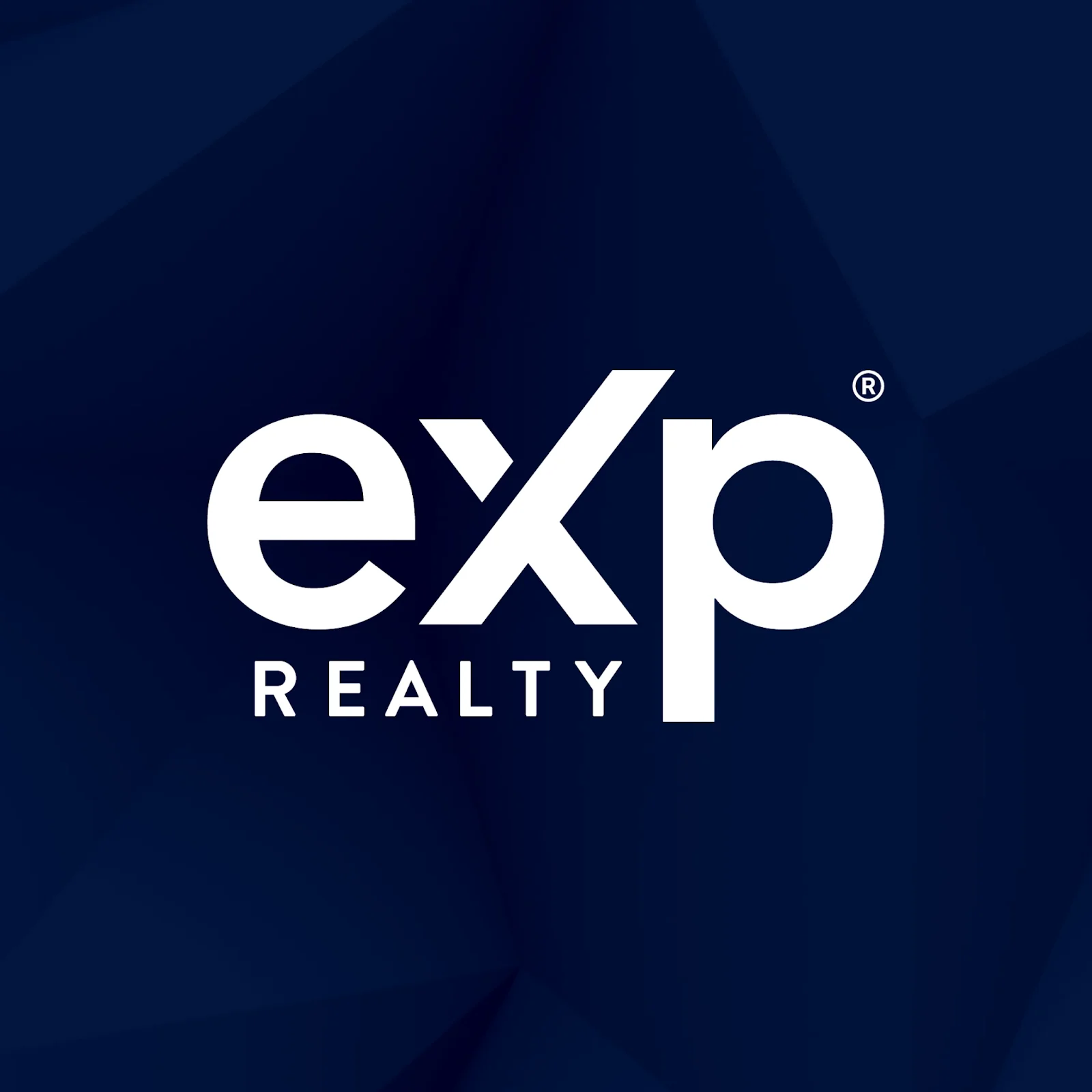
eXp Realty was founded in 2009 as the first cloud-based real estate brokerage of its kind. Built entirely online, it now operates in 27 countries with a growing community of more than 81,000 agents. What sets eXp apart from traditional brokerages is its fully digital infrastructure. There are no physical offices, no territorial franchise fees, and a compensation model that blends real estate sales with network marketing-style rewards.
eXp agents earn income in three distinct ways.
First, they make standard real estate commissions with an 80/20 split with the company until they reach a $16,000 cap. After that, they keep 100% of their commissions for the rest of their anniversary year.
Second, agents can earn a revenue share by personally sponsoring productive agents into the company. eXp pays out 50% of its company dollars to participating agents through a structured, performance-based model, not by recruitment alone, but by the actual production of those in their downline.
Third, agents can earn equity in EXPI stock. They receive shares for hitting certain production milestones, such as closing their first transaction, capping, or helping new agents close deals.
Top producers can receive up to $16,000 in stock annually through the ICON Agent Program. Any agent can choose to invest 5% of their commissions in discounted company stock through the optional equity plan.
In 2024, U.S. eXp Realty agents earned over $171 million in revenue share alone. Since 2015, over $889 million has been distributed to agents in this manner. According to company data, nearly 20% of experienced agents earned between $100,000 and $500,000 in combined commissions and revenue share last year, with a small but significant group earning over $1 million.
What’s unique about eXp is its relentless usage of technology in streamlining its agents' workflows and empowering them to manage business digitally. It offers a virtual campus, known as eXp World, that allows agents to conduct business using digital avatars.
Inside this interactive metaverse, agents attend live trainings, meetings, and corporate events while accessing departments like accounting, tech support, brokerage operations, and legal, all from a computer screen. Everything is available 24/7 through the web, eliminating the need for brick-and-mortar offices.
Agents also gain access to eXp Enterprise, an all-in-one real estate MLM software platform that lets them track production numbers, transaction histories, commission earnings, revenue share, and equity holdings. The platform simplifies operations and provides a high level of transparency, making it a core part of eXp’s attraction and retention strategy.
Therefore, for entrepreneurs studying the real estate MLM industry, eXp offers a compelling blueprint. It shows that success isn’t just about offering high commissions; it’s about providing agents with tools, ownership, and scalable income.
eXp’s model appeals to agents because it rewards both individual production and team development while giving them autonomy and the ability to build a global business from a laptop. Any new entrant in this industry should be thinking about what kind of infrastructure, incentives, and support they can offer to make their platform just as compelling.
2. Real Brokerage
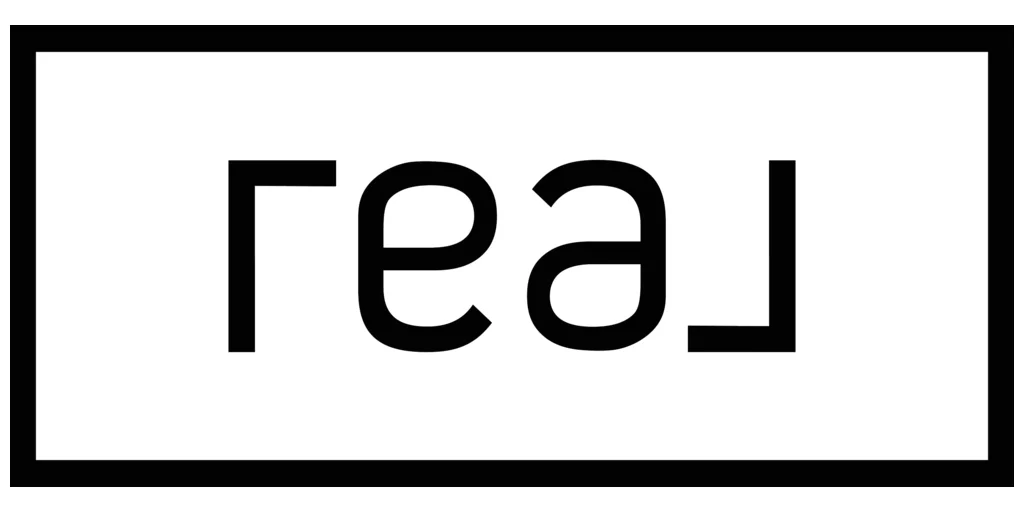
Real Brokerage entered the market five years after eXp Realty and drew heavily from its cloud-based brokerage innovation, quickly gaining momentum. Operating across all 50 U.S. states, Washington D.C., and four Canadian provinces, Real has over 26,000 licensed agents. It is a publicly traded real estate MLM company on Nasdaq since 2021 under the ticker REAX.
For independent brokerages and high-performing teams, Real delivers a proprietary platform that automates back-office tasks and accelerates growth. Its tools help do all of that while preserving the agent's unique brand identity through its Private Label program.
Its distributors get a flexible commission model: an 85/15 split with 100% commission retention after the capping amount is achieved and no monthly fees. Real offers different annual caps based on an agent's structure: $12,000 for solo agents, $6,000 for agents on a team, and $4,000 for agents on a mega team.
Teams opting into the ProTeams program benefit from enhanced perks such as a 5-tier revenue share plan and equity awards for recruiting talent, hitting production targets, or earning Elite Agent prestige.
Solo agents also thrive under Real’s model, keeping 100% of commissions post-cap and accessing financial upside through revenue share and stock-based incentives. Beyond financial tools, Real cultivates a community-driven culture, encouraging collaboration among thousands of like-minded professionals dedicated to mutual success.
Real offers eight-plus revenue paths: sales commissions, team-building incentives, equity through corporate awards, and revenue share, designed to reward both independent production and network growth. For real estate entrepreneurs, Real highlights the importance of blending technology, shared ownership, and multiple income streams to build a truly scalable business.
3. Fathom Realty

Fathom Realty operates as a 100% commission brokerage that eliminates traditional franchise, desk, and monthly fees. Headquartered in Texas, it supports over 10,000 agents across the U.S., providing a flat-fee model and a scalable team structure. The company’s platform includes an all-in-one back office (IntelliAgent), healthcare access, live support, and marketing tools under a single annual fee.
Fathom agents choose between two plans: SHARE and MAX, based on their production goals and team size. Both plans offer eligibility for revenue share, but with differing cap levels and revenue structures.
Fathom SHARE Plan
This plan is designed for high-producing solo agents as well as leaders who want to build teams, aiming to reduce transaction fees quickly. Initially, for each sale an agent makes at the beginning of their year with Fathom, they pay a minimum $465 (commission split of 12%). This is a consistent cost for each deal that agents close until they reach the capped stage.
Once the agents (only leaders) have paid $12,000 fee to Fathom, they are considered capped. Similarly, for agents in a leader's downline (member agents) who have paid $6,000, they are considered capped.
After reaching the capping limit, Fathom reduces the flat fee to $165 per transaction for both leaders and members. However, for leaders, this reduced fee is applicable only on the personal sales and not on the sales made by their downline.
Solo Agent Cap: $12,000
Post-Cap Fee: $165
Team Leader Cap: $12,000
Team Member Cap: $6,000
Residential Lease: $120
E&O Fee: $35 per transaction
Annual Fee: $700 (includes IntelliAgent, training, and marketing resources)
Revenue Share Percentage: SHARE Plan
Level 1: 35% (Unlocked automatically)
Level 2: 25% (Unlocked automatically)
Level 3: 20% (Unlocked with 4 producing agents in Level 1)
Level 4: 15% (Unlocked with 8 agents in Level 1)
Level 5: 5% (Unlocked with 12 agents in Level 1)
To retain all levels, Fathom has made it mandatory for agents to maintain at least 4 producing agents in Level 1.
Fathom MAX Plan
The MAX plan is structured for agents who prefer smaller caps in exchange for a different revenue share model. In this plan, there’s no 12% split; instead, there’s a fixed $465 fee for both leaders and members.
Furthermore, the capping amount for agents in leadership roles is $9,000, while for members (downline), it remains at $6,000. Once both are capped, the fixed fee is reduced to $165 for both members and leaders. Similar to the SHARE plan, the leaders are limited to enjoying a reduced fee on personal sales only.
Team Leader Cap: $9,000
Team Member Cap: $6,000
Post-Cap Fee: $165
Residential Lease: $120
Commercial Commission: 12% of GCI
E&O Fee: $35 per transaction
Annual Fee: $700
Revenue Share Percentage: MAX Plan
Level 1: 10%
Level 2: 10%
Level 3: 10% (Unlocked with 4 producing agents in Level 1)
Level 4: 10% (Unlocked with 8 agents in Level 1)
Level 5: 10% (Unlocked with 12 agents in Level 1)
In the MAX plan as well, Fathom requires 4 producing agents in Level 1 to be maintained to keep all tiers active.
Fathom's commission structure and revenue share system allow agents to customize their business around earnings priorities, balancing front-end transaction fees with long-term income from team growth.
Conclusion
If you're an entrepreneur exploring the future of property-driven businesses, studying the top real estate MLM companies is essential. Their models, rooted in tech, flexibility, and layered income, prove that real estate isn’t just about properties but about networks.
Whether you're launching your own brokerage or building an agent-driven ecosystem, learn from those who've scaled through innovation, revenue share, and equity incentives. Ask yourself: Does your model empower agents to own more than commissions?
If not, it’s time to rethink and build something useful for the agents who are going to promote your business worldwide.
FAQs
1. What is a Real Estate MLM company?
A Real Estate MLM (multi-level marketing) company operates on a business model where agents not only earn income through property transactions but also by recruiting and mentoring other agents. The compensation includes commissions, revenue shares, and residual income based on team performance.
2. How does MLM work in the real estate industry?
The multi-level marketing model in the real estate sector helps agents earn commissions not only through direct sales but also from the sales of their downline.
References
-
businessforhome.org
Disclaimer: Global MLM Software do not endorse any companies or products mentioned in this article. The content is derived from publicly available resources and does not favor any specific organizations, individuals or products.




